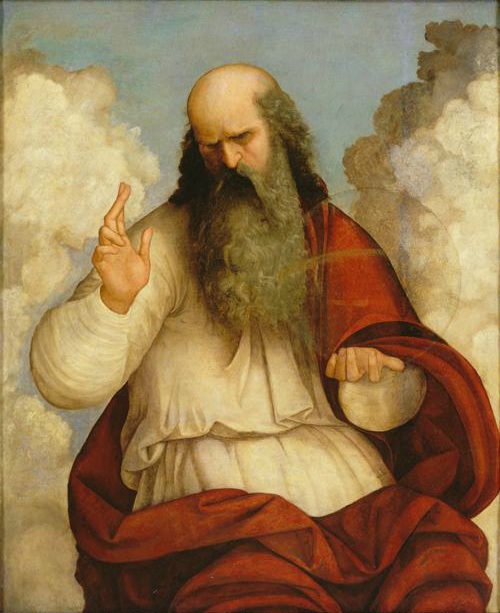It seems fitting to read the following on the day the
Supreme Court makes, what is expected to be, and landmark decision concerning
religious liberty in America.
“But it matters enormously if I alienate anyone from the
truth.”
“Let me implore the reader to try to believe, if only for a
moment, that God, who made these deserving people, may really be right when he
thinks that their modest prosperity and happiness of their children are not
enough to make them blessed: that all this must fall from them in the end, and
that if they have not learned to know him they will be wretched.” And therefore
he troubles them, warning them in advance of an insufficiency that one day they
will have to discover.
“The life to themselves and their families stands between
them and the recognition of their need; he makes that life less sweet to them.
I call this Divine humility because it is a poor thing to strike our colors to
God when the ship is going down under us; a poor thing to come to him as a last
resort, to offer up ‘our own’ when it is no longer worth keeping. If God were
proud he would hardly have us on such terms: but he is not proud, he stoops to
conquer, he will have us even though we have shown that we prefer everything
else to him, and come to him because there is ‘nothing better’ now to be had.”
“The same humility is shown by all those divine appeals to
our fears which trouble high-minded readers of scripture. It is hardly
complimentary to God that we should choose him as alternative to Hell: yet even
this he accepts. The creature’s illusion of self-sufficiency must, for the
creatures sake, be shattered; and by trouble or fear of trouble on earth, by
crude fear of the eternal flames, God shatters it ‘unmindful of his glory’s
diminution.’ Those who would like the God of scripture to be more purely
ethical, do not know what they ask. If God were a Kantian, who would not have
us till we came to him from the purest and best motives, who could be saved?
And this illusion of self-sufficiency may be at its strongest in some very
honest, kindly, and temperate people, and on such people, therefore, misfortune
must fall.”
C.S. Lewis The Problem of Pain. p 97-98
